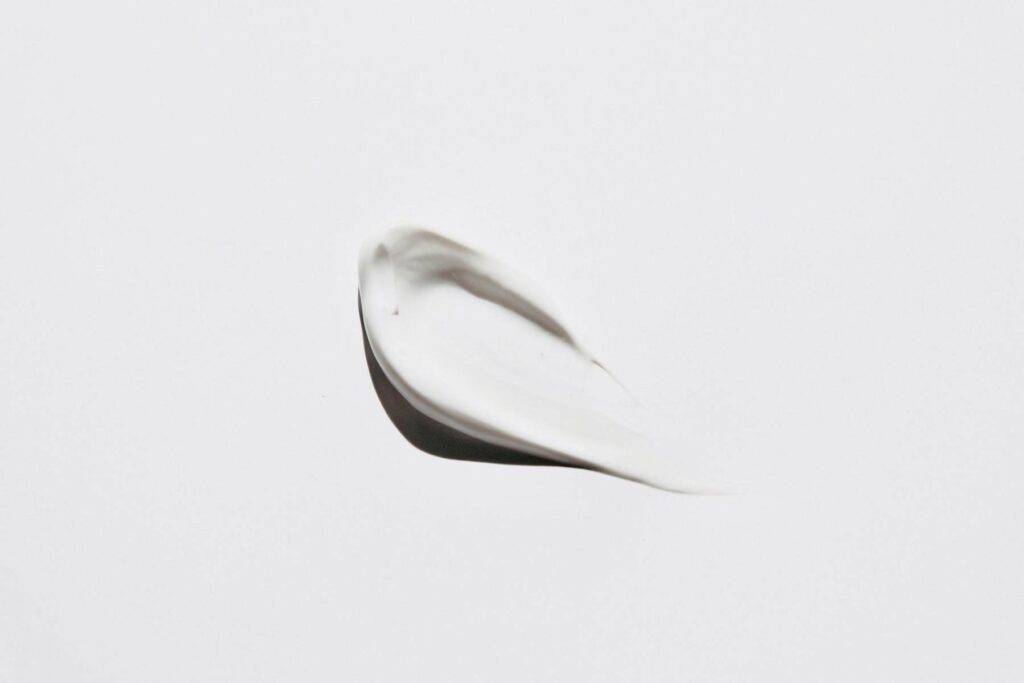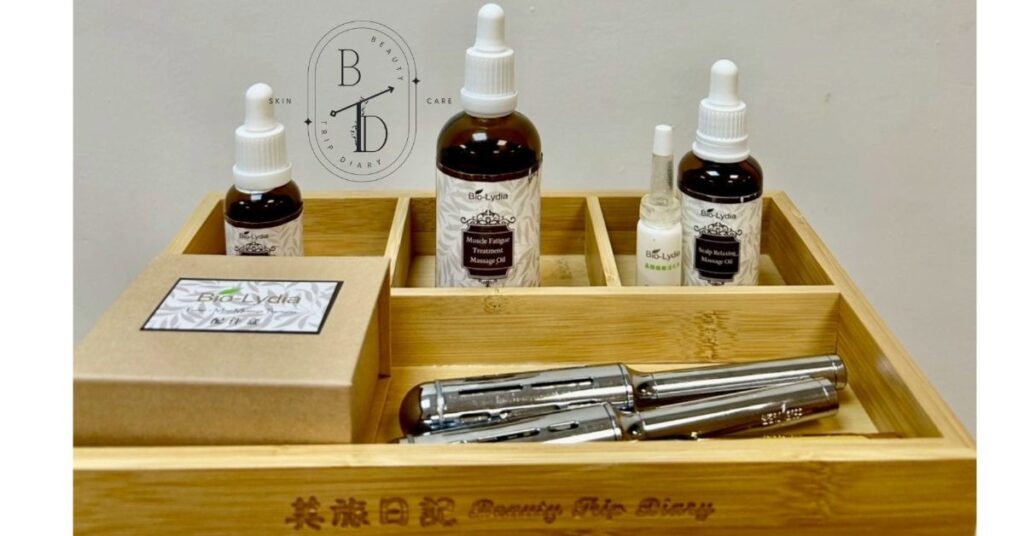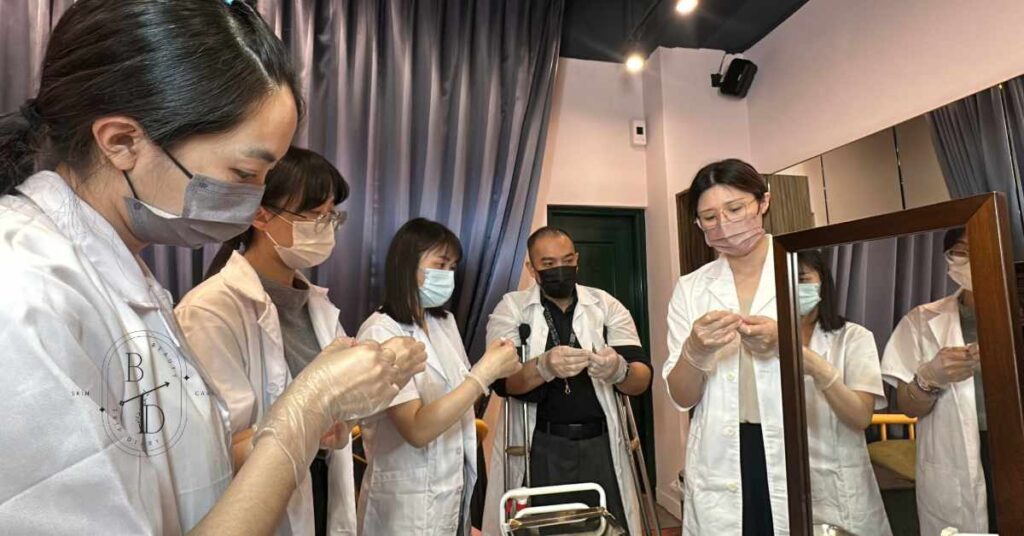
Skin Care Boutique – Taoyuan, Taiwan
Best Natural Ingredients for Sensitive Skin in Taiwan
Beauty Trip Diary Blog

Ingredient guide for healthy skin in taiwan
Sensitive skin is a challenge many people face, especially in Taiwan’s unique climate. If you live in Taoyuan or other parts of Taiwan, you know that the combination of humidity, pollution, and seasonal changes can make sensitive skin flare up more often than you’d like. Finding skincare solutions that soothe, protect, and nourish without irritation is crucial. Luckily, Taiwan’s rich natural environment offers many gentle, effective ingredients perfect for sensitive skin. Understanding these ingredients and how to use them properly can transform your skincare routine — or even launch a fulfilling career if you’re training to become a skincare professional.
In this article, we’ll explore the best natural ingredients for sensitive skin in Taiwan, explain why they work so well in our local environment, and share how Beauty Trip Diary’s student program equips aspiring skincare experts with the skills to harness these ingredients effectively.
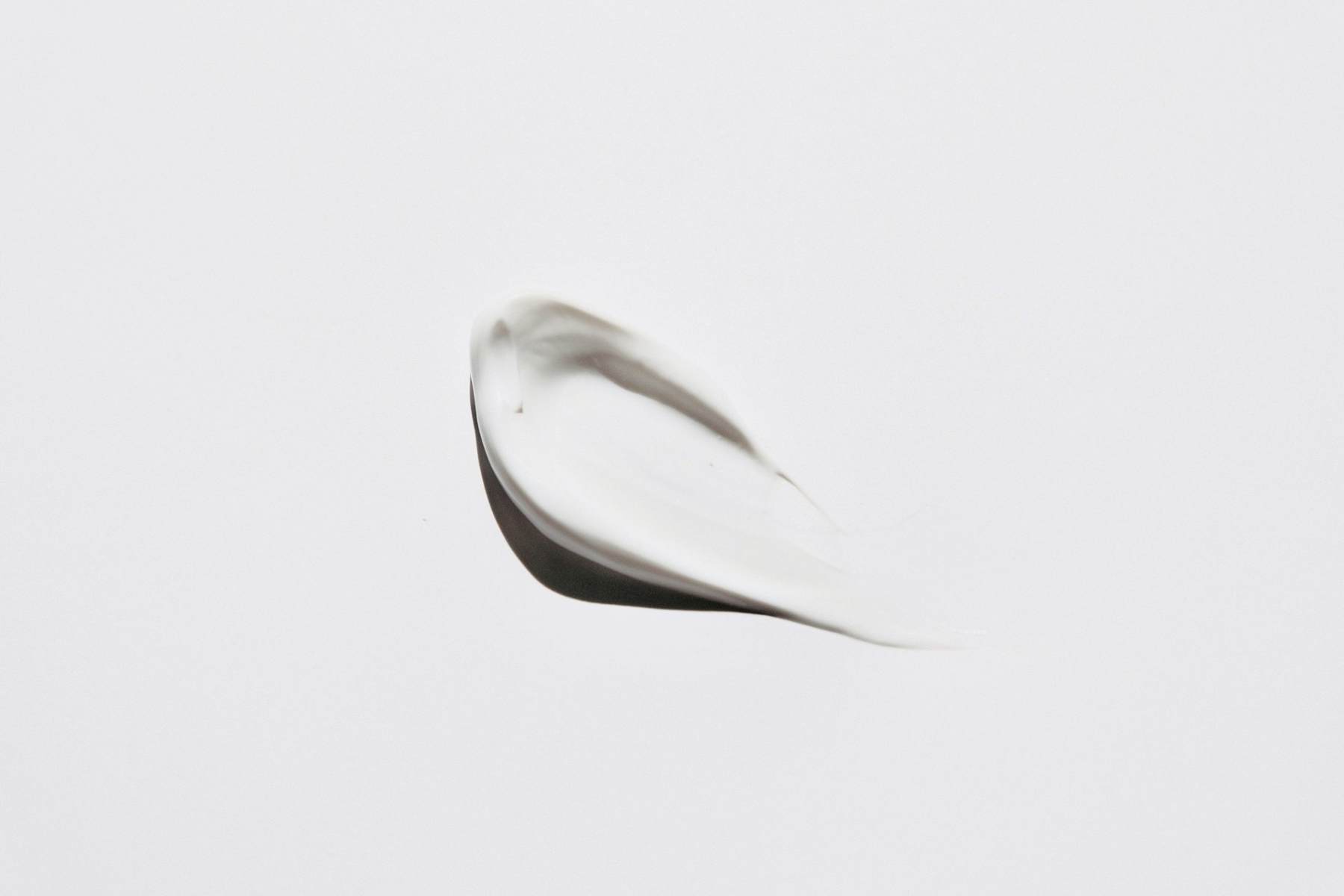
Why Sensitive Skin Needs Special Care in Taiwan
Sensitive skin is not just about redness or occasional irritation; it’s about a skin barrier that is easily disrupted and reacts strongly to environmental triggers. For many living in Taiwan, the hot and humid climate, combined with urban pollution and sun exposure, can exacerbate sensitivity. Factors like air conditioning, seasonal typhoons, and even indoor heating in winter can further challenge the skin’s ability to stay balanced.
Because sensitive skin reacts differently than normal skin, it requires a tailored approach. Harsh chemicals, synthetic fragrances, and heavy occlusive products often do more harm than good. Instead, natural ingredients with soothing, anti-inflammatory, and barrier-supporting properties are the stars of sensitive skincare.
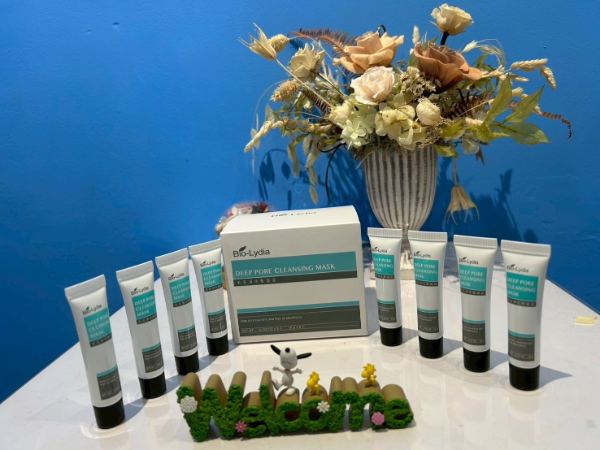
Aloe Vera: The Soothing Classic
Aloe vera is perhaps the most well-known natural ingredient for calming sensitive skin. This succulent plant has been used for centuries in traditional medicine and skincare across Asia. In Taiwan, aloe vera grows abundantly and is a staple in many local skincare formulations.
Why aloe vera works: It contains compounds like polysaccharides and glycoproteins that reduce inflammation and redness. Aloe vera also provides lightweight hydration, which is essential for sensitive skin that can’t tolerate heavy creams. Its cooling effect makes it perfect for calming sun-exposed or irritated skin.
How to use aloe vera: Look for products with a high concentration of pure aloe vera gel or juice. It can be used as a toner, soothing gel, or incorporated into moisturizers and masks. For those who want a DIY approach, fresh aloe vera gel applied directly to the skin can provide instant relief.
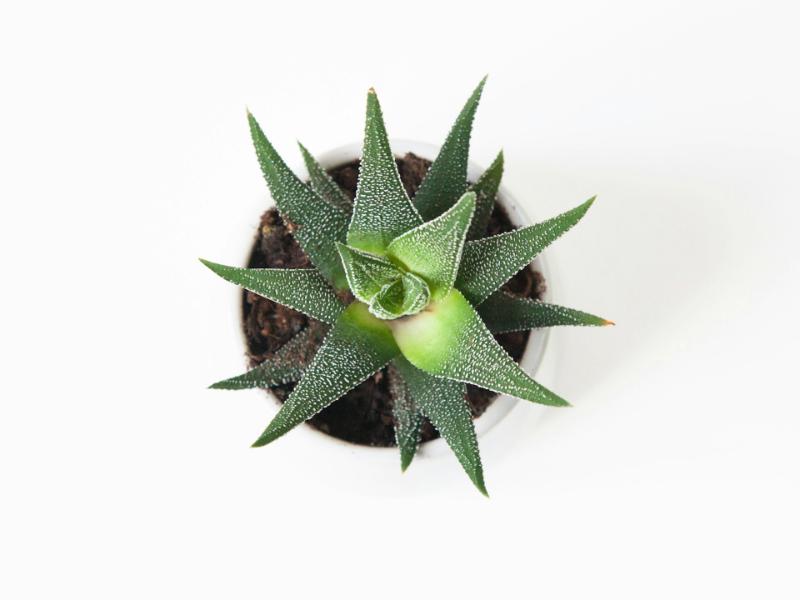
Green Tea Extract: Antioxidant Powerhouse
Taiwan is famous for its tea culture, and green tea extract is a natural extension of this heritage into skincare. Rich in antioxidants called catechins, green tea extract protects sensitive skin from damage caused by pollution and UV rays, both common challenges in urban areas like Taoyuan.
Benefits for sensitive skin: Green tea’s anti-inflammatory properties help reduce redness and swelling. It also neutralizes free radicals, preventing premature aging and strengthening the skin’s natural defenses.
Incorporation tips: Green tea extract is often found in toners, serums, and creams. For sensitive skin, choose formulations with a moderate concentration to avoid irritation. Drinking green tea regularly can also support skin health from the inside out—a win-win!
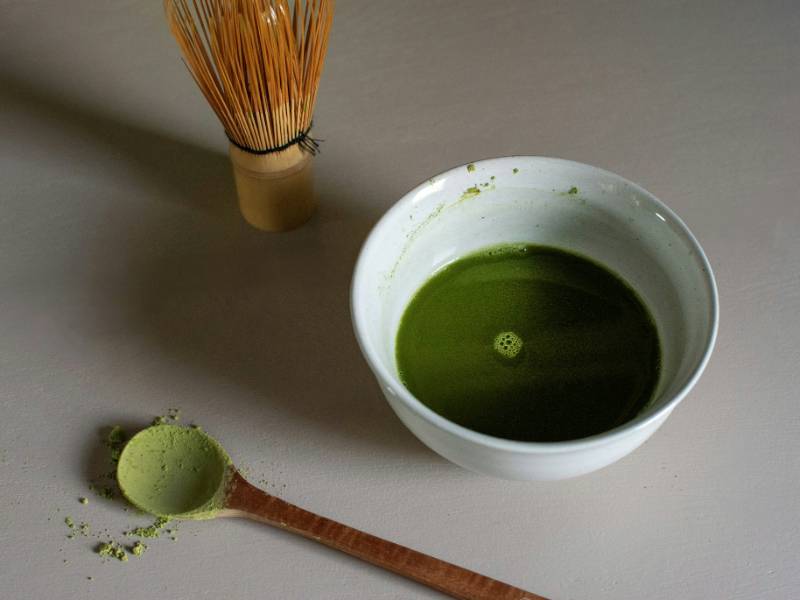
Rice Extract: Gentle Nourishment and Brightening
Rice has been a beauty secret in East Asia for centuries, and its extracts are gentle yet effective for sensitive skin. Fermented rice water and rice bran extracts are rich in vitamins B and E, antioxidants, and amino acids that nourish and hydrate without irritation.
Why rice extract is ideal: It strengthens the skin barrier, improves moisture retention, and has brightening effects that help reduce dullness and uneven skin tone—common concerns for sensitive skin exposed to sun and pollution.
Using rice extract: Many Taiwanese skincare products incorporate rice extract in essences, lotions, and masks. It’s suitable for daily use and works well layered under moisturizers for added hydration.
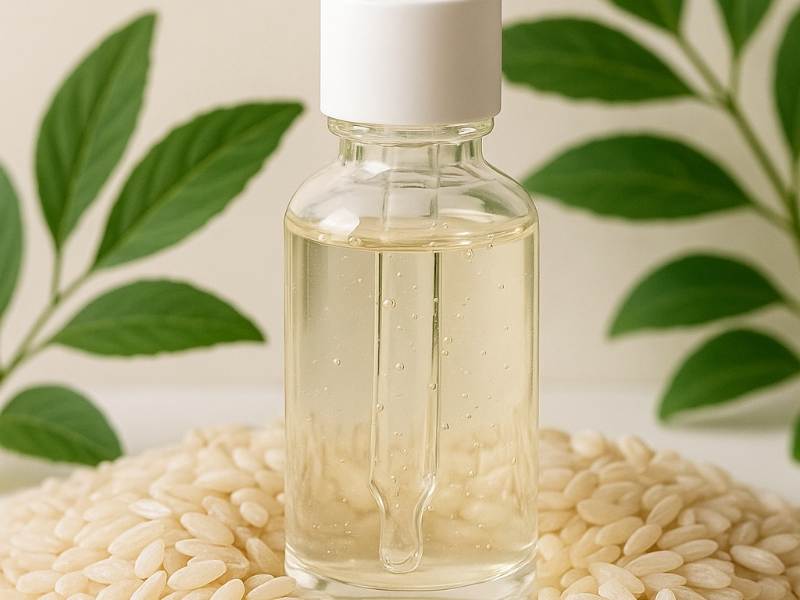
Chamomile Extract: Nature’s Calming Agent
Chamomile is a gentle flower extract renowned for its soothing properties. It contains bisabolol, which has anti-inflammatory and antimicrobial effects, making it perfect for calming redness and irritation associated with sensitive skin.
Benefits: Chamomile reduces skin inflammation, helps heal minor irritations, and provides antioxidant protection. It’s also less likely to cause allergic reactions compared to synthetic calming agents.
How to apply: Chamomile extract is commonly found in creams, serums, and facial mists. It can be especially helpful after sun exposure or exfoliation to calm the skin.

Centella Asiatica (Cica): The Skin Repair Specialist
Centella asiatica, also known as cica or gotu kola, has become a global skincare sensation, and for good reason. This herb promotes collagen synthesis, accelerates wound healing, and reduces inflammation—making it a powerhouse for sensitive and compromised skin.
Why it’s perfect for Taiwan’s climate: Centella asiatica helps repair damage caused by humidity, pollution, and sun exposure. It strengthens the skin barrier, reducing sensitivity over time.
Usage ideas: Found in gels, creams, and serums, cica products are great for daily use. They are especially beneficial for those who experience frequent irritation or redness.
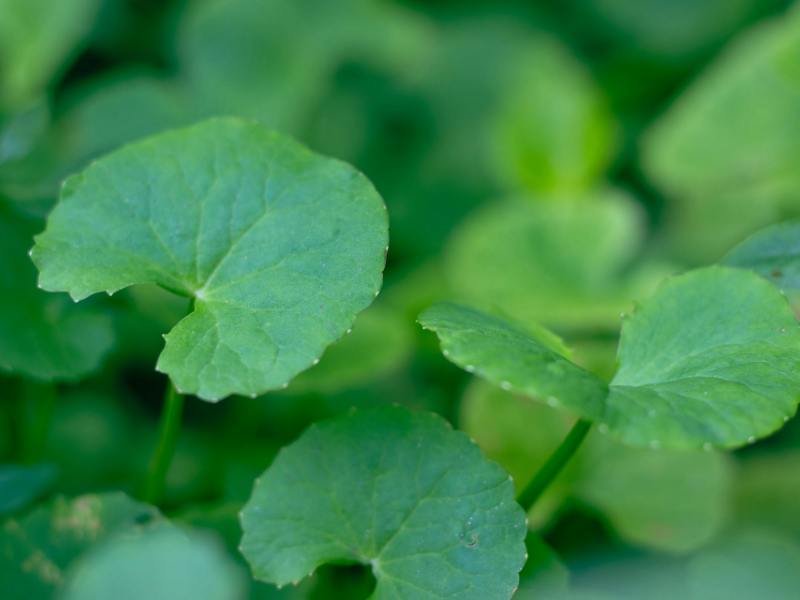
Licorice Root Extract: Brightening and Soothing
Licorice root extract offers both anti-inflammatory and skin-brightening benefits. It contains glabridin, which inhibits melanin production, helping to fade dark spots and even out skin tone—common concerns for sensitive skin exposed to Taiwan’s strong sun.
Why licorice root matters: It calms redness and irritation while improving overall complexion brightness. It’s gentle enough for sensitive skin and can be used long-term.
How to use: Licorice root is often included in moisturizers, serums, and spot treatments. It pairs well with other soothing ingredients for comprehensive care.
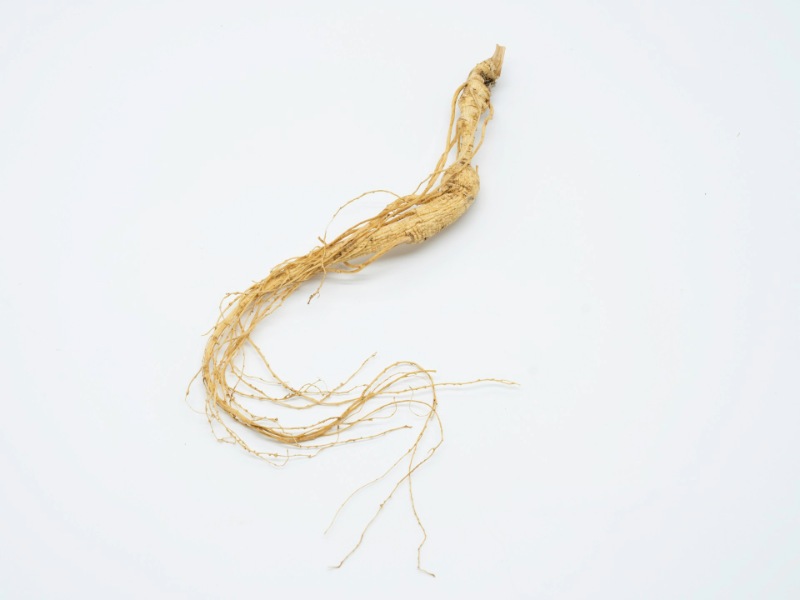
Calendula: Nature’s Gentle Healer
Calendula, also known as marigold, is a vibrant flower prized for its soothing and healing properties. It has been used traditionally in herbal medicine to calm irritated skin and promote wound healing. For sensitive skin in Taiwan, calendula extract is especially valuable because it helps reduce inflammation and redness caused by humidity, pollution, and sun exposure common in Taoyuan.
Calendula contains flavonoids and triterpenoids, compounds that protect the skin from oxidative stress and support the repair of the skin barrier. Skincare products with calendula are typically gentle, making them suitable for daily use on delicate skin.
Whether in creams, toners, or masks, calendula helps restore comfort and resilience to sensitive skin, making it a must-have ingredient for those living in Taiwan’s challenging environment.

Shea Butter: Deep Nourishment and Barrier Repair
Shea butter is a rich, natural fat extracted from the nuts of the shea tree, widely used for its intense moisturizing and skin-protective qualities. For sensitive skin, especially in Taiwan’s variable climate where humidity and air conditioning can cause dryness and irritation, shea butter offers deep nourishment and helps restore the skin’s natural barrier. It is packed with vitamins A and E, which provide antioxidant benefits and support skin healing.
While shea butter is heavier than some other moisturizers, when used in balanced formulations or in small amounts, it helps lock in moisture without clogging pores. It’s particularly beneficial for sensitive skin that experiences seasonal dryness or irritation from environmental stressors.
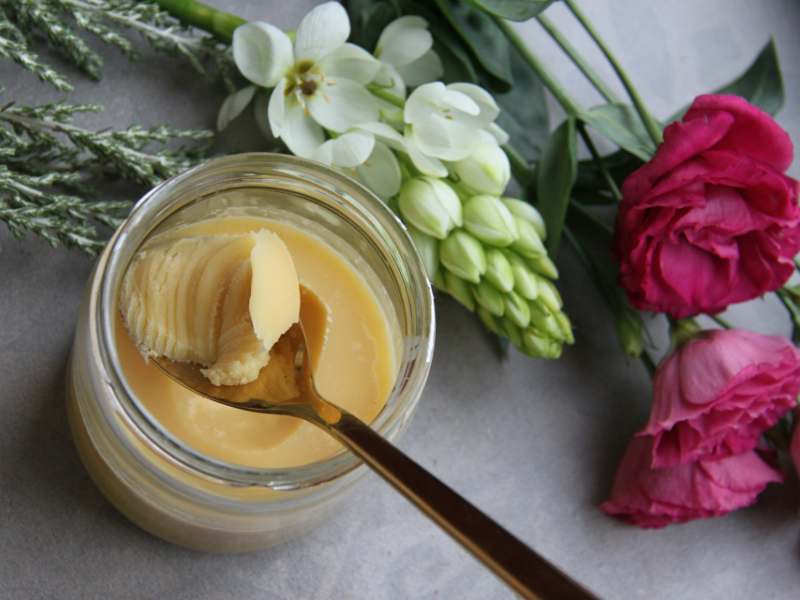
Flaxseed Extract: Omega-Rich Skin Protector
Flaxseed extract is derived from flax seeds, known for their high content of omega-3 and omega-6 fatty acids, which are essential for maintaining healthy skin. These fatty acids help reduce inflammation and strengthen the skin’s barrier function, making flaxseed extract an excellent ingredient for sensitive skin dealing with environmental aggressors in Taiwan.
Flaxseed extract also contains antioxidants that protect against free radical damage caused by pollution and UV rays. In skincare, flaxseed extract is often incorporated into serums and moisturizers to provide gentle hydration and soothe redness, helping sensitive skin maintain balance and resilience.
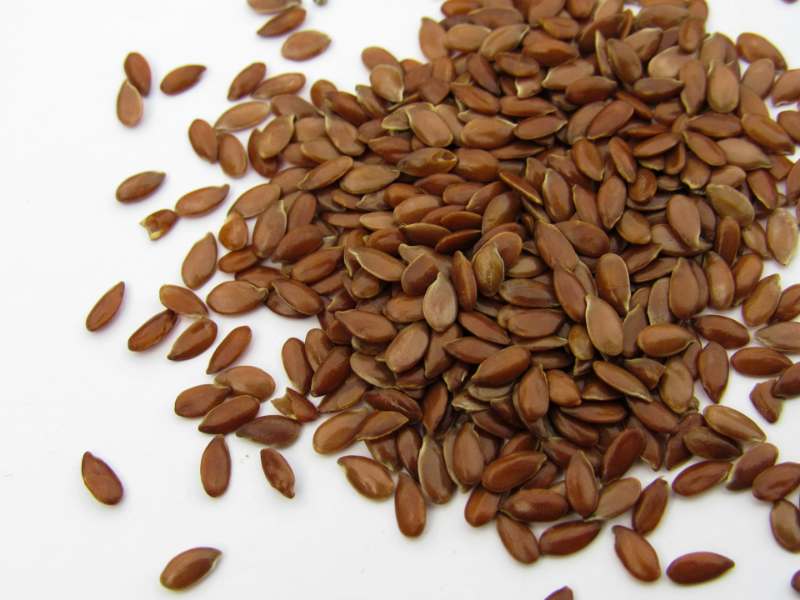
Lavender: Calming Aroma and Skin Soother
Lavender is celebrated not only for its pleasant, calming scent but also for its skin-soothing properties. It contains linalool and linalyl acetate, compounds known to reduce inflammation and promote skin healing. For sensitive skin in Taiwan, lavender oil or extract can help alleviate redness and irritation caused by heat, humidity, and pollution.
However, because essential oils can sometimes be irritating if used undiluted, it’s important to choose products where lavender is properly formulated to be gentle on sensitive skin. Beyond its topical benefits, lavender’s relaxing aroma also helps reduce stress, which can be a trigger for skin sensitivity, making it a holistic ingredient for skin and mind wellness.
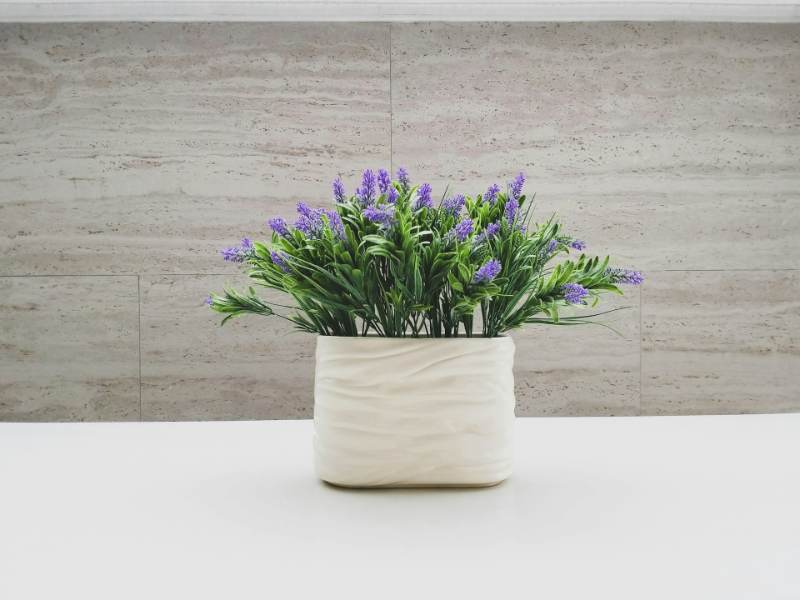
Jojoba Oil: Lightweight and Skin-Compatible Moisturizer
Jojoba oil is a liquid wax extracted from the seeds of the jojoba plant and is prized for its similarity to human sebum, the skin’s natural oil. This makes it exceptionally compatible with sensitive skin, as it moisturizes without clogging pores or causing irritation. In Taiwan’s humid climate, jojoba oil provides lightweight hydration that balances oil production, preventing the skin from becoming overly greasy or dry.
It also contains vitamin E and antioxidants that protect the skin from environmental damage. Jojoba oil can be used alone or as part of moisturizers and serums to soothe and nourish sensitive skin while maintaining a natural, healthy glow.
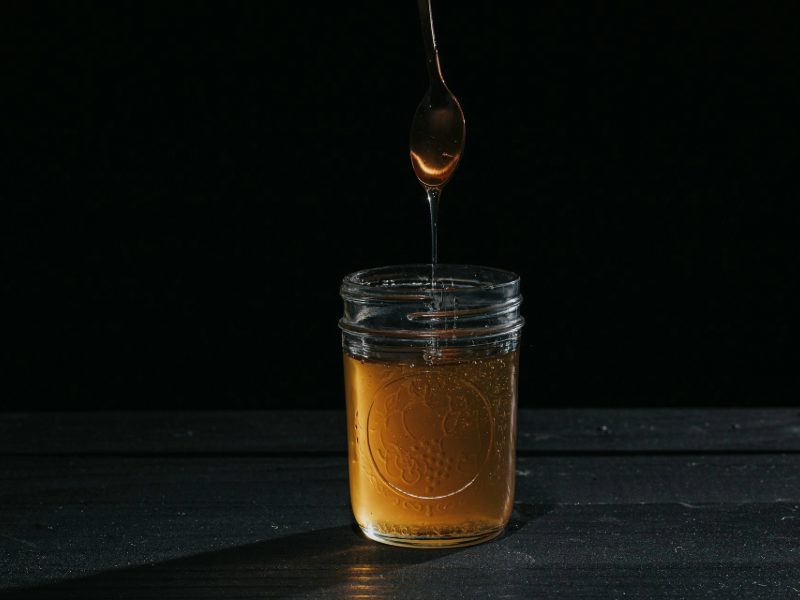
Squalane: Stable Hydration Booster
Squalane is a hydrogenated form of squalene, a lipid naturally found in human skin. It is highly regarded for its ability to provide deep hydration while being non-comedogenic and lightweight—perfect for sensitive skin in Taiwan’s humid environment. Unlike heavier oils, squalane absorbs quickly and helps restore the skin’s moisture barrier without leaving a greasy residue. It also has antioxidant properties that protect against environmental stressors like pollution and UV exposure.
Because squalane is stable and less likely to oxidize than other oils, it is a safe and effective ingredient for daily moisturizing routines aimed at calming and protecting sensitive skin.

Coconut Oil: Nourishing but Use with Caution
Coconut oil is well-known for its moisturizing and antimicrobial properties, making it a popular natural ingredient worldwide. It contains medium-chain fatty acids like lauric acid, which can help protect the skin from bacteria and fungi. For sensitive skin, coconut oil can provide deep nourishment and barrier support, especially in drier or cooler seasons in Taiwan. However, because coconut oil is comedogenic and can clog pores, it should be used cautiously, particularly for those with oily or acne-prone sensitive skin. When used in small amounts or in well-formulated products, coconut oil can be beneficial, but it’s best to patch-test and monitor skin reactions carefully.
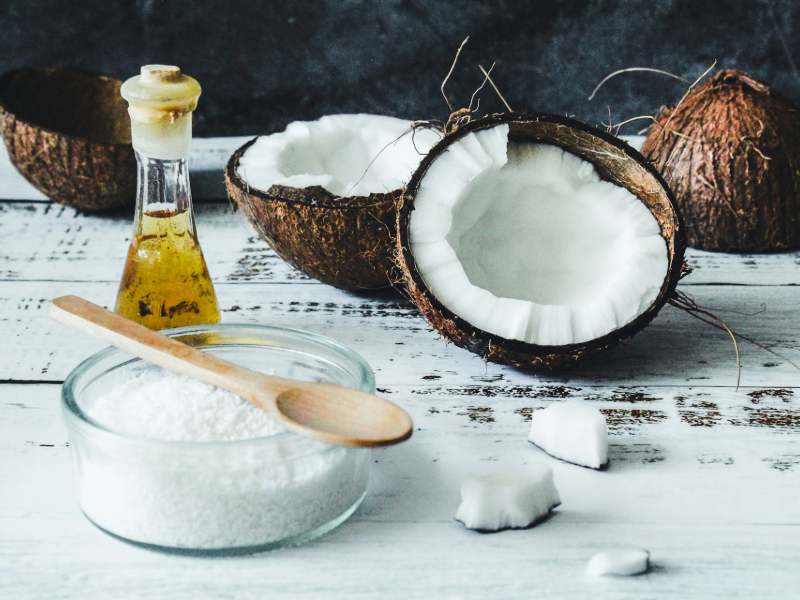
Avoiding Irritants: What Not to Use on Sensitive Skin
While natural ingredients can be incredibly beneficial, it’s equally important to avoid substances that commonly irritate sensitive skin. These include:
Alcohol: Often drying and irritating, especially in high concentrations.
Synthetic fragrances and dyes: Common allergens that can cause redness and itching.
Harsh preservatives: Some parabens and formaldehyde releasers may trigger sensitivity.
Choosing products with minimal, gentle ingredient lists is key to maintaining skin health.
The Importance of Professional Training in Ingredient Knowledge

Understanding these natural ingredients and their effects is more than just useful for personal skincare—it’s essential for anyone pursuing a career in skincare, especially in Taiwan’s competitive market. At Beauty Trip Diary in Taoyuan, our student program focuses heavily on ingredient education tailored to local skin types and environmental conditions.
We teach aspiring skincare professionals how to:
Assess skin accurately and identify sensitivity triggers.
Recommend natural ingredients based on individual skin needs.
Formulate or select products that balance efficacy with gentleness.
Educate clients on proper skincare routines that prevent irritation.
Our hands-on training ensures students gain confidence in applying this knowledge in real-world settings, preparing them for successful careers.
Final Thoughts
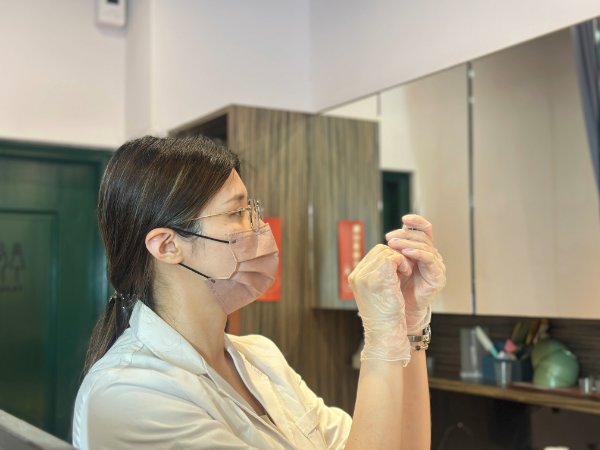
Taiwan’s climate and environment present unique challenges for sensitive skin, but the country’s rich natural resources offer powerful solutions. Aloe vera, green tea extract, rice extract, chamomile, centella asiatica, and licorice root are among the best natural ingredients that soothe, protect, and nourish sensitive skin in Taiwan.
For those passionate about skincare, learning to harness these ingredients effectively is a valuable skill. Beauty Trip Diary’s student program in Taoyuan provides comprehensive training to help you master ingredient knowledge, client care, and practical skills needed to thrive in Taiwan’s skincare industry.
Whether you’re caring for your own sensitive skin or building a career helping others, understanding these natural ingredients and their proper use will set you on the path to success.
Professional Skin Care Services in Taoyuan, Taiwan
